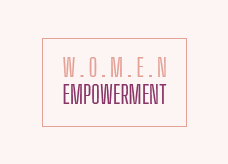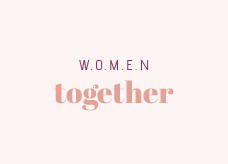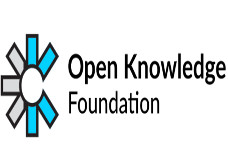A few words
About Us
background
Gender equality is a familiar commitment in regional and international development policies, from the Maputo Plan of Action through the Beijing Declaration and Platform for Action and the Convention on the Elimination of all Forms of Discrimination against Women (CEDAW) to the International Conference on Population and Development (ICPD) Programme of Action and the Sustainable Development Goals (SDGs). Despite these commitments, gender inequalities continue to hamper the ability of women and girls to survive, thrive and contribute meaningfully to development efforts.
In Nigeria, as in many other contexts, women and girls are disproportionately excluded from economic, social, cultural, civil, and political opportunities and rights. They often have limited access to basic education and health care, suffer violence and discrimination, and remain under-represented in political and economic decision-making processes. Many of them suffer harmful cultural practices, including FGM, son-preference, widow inheritance, and discriminatory inheritance norms. Women generally have weak access to health services in Nigeria, a situation that is increasingly exacerbated by emergencies, insurgencies, conflicts, and pandemics such as COVID-19.
Early marriage is common among girls in Nigeria, and in some parts of the country, girls marry well before age 15. Compared to boys, girls in Nigeria enroll less in school and are more likely to be illiterate. Only about 50% of Nigerian women participate in the labor force, compared to 60 % of men. There are also more women than men in low-wage occupations and the informal sector. Comprising less than 6 % of Nigeria’s Parliament, women are poorly represented in political leadership positions in the country. According to the International Parliamentary Union, rates of female representation in parliament in Nigeria are among the lowest in Africa and globally. Judging by the Women’s Workplace Equality Index, Nigeria also performs poorly in terms of how level the legal playing field is for its female workforce.
Expanding socio-economic and political opportunities for women and girls can unleash a strong force for sustainable development, improve health and wellbeing, and enhance livelihoods in Nigeria.
overview
E-WIN exists to empower women and girls, champion gender-equitable development and promote the rights of women and girls in Nigeria. We generate evidence to promote gender equality and end all forms of gender-based violence (GBV) and abuse. We expand opportunities for women’s voices through political participation and leadership and assist in the education, social, economic and political development of women and girls through a wide range of services : training (seminars and workshops), research, advocacy, shelter, financial aid, intra-familial conflict resolution to activate women and girls to transform their lives, families and communities for the better. We provide sexual and reproductive health information and counseling service to enhance sexual and reproductive health and rights. We Partner with government, community groups and the private sectors to foster an inclusive and secure society for sustainable development.
MISSION
To promote gender equality and empower women and girls to foster an inclusive society for a sustainable future
VISION
A gender equitable world where men, women, boys and girls work as partners for a better future
OBJECTIVES
- Generate evidence to promote equality and end all forms of gender based violence and abuse
- Promote women’ and girls’ education and rights.
- Promote gender justice in environmental sustainability
- Expand opportunities for women’s voices, participation and leadership
- Improve women and girls’ access to sexual and reproductive health and rights, including information and services.
- Strengthen women and girls’ capacity to engage in sustainable economic and livelihood activities.
- Partner with government, community groups and the private sector to foster an inclusive and secure society



